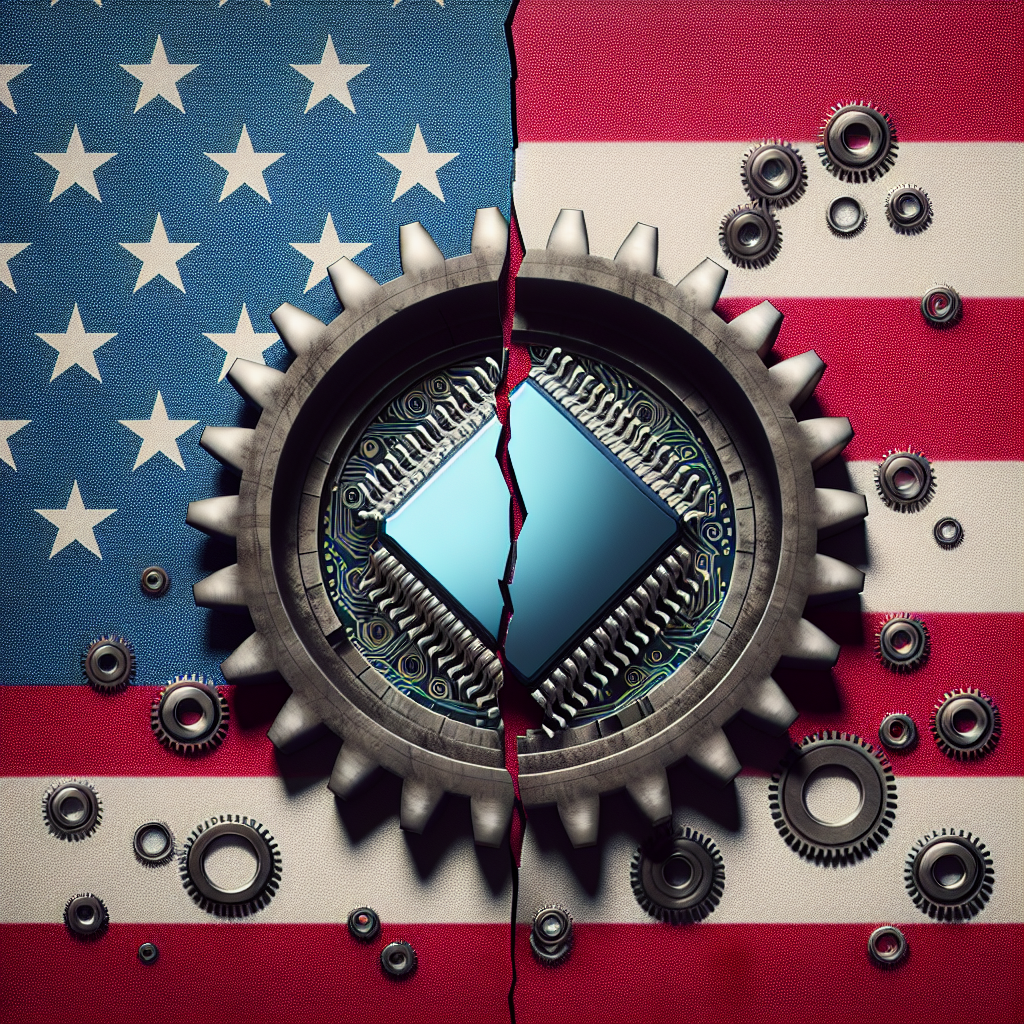China’s artificial intelligence development is being hindered by U.S. trade restrictions on advanced chips, potentially widening the gap between the two countries, experts have warned.
Despite strong demand for Nvidia’s H20 chip, designed to bypass export control licenses, these trade restrictions are slowing China’s progress in improving large language models (LLMs), which power AI technology such as ChatGPT, experts told Jeffries analysts in a call. Consequently, the gap between the U.S. and China “would at least stay, if not expand,” analysts noted.
The H20 chip has less computing power than Nvidia’s chips sold to U.S. tech companies. As a long-term solution, Chinese companies are turning to Huawei’s Ascend chip, though experts expressed concerns over China’s capacity for advanced 7-nanometer process manufacturing to meet long-term demand.
Huawei has struggled to ramp up production of its Ascend 910B chip, considered China’s best alternative to Nvidia’s restricted chips, due to breakdowns in repurposed chip fabrication equipment.
U.S. officials argue that another Huawei chip, the Kirin 9000s, which uses advanced 7-nanometer technology and powers the Mate 60 Pro smartphone, lags behind American-developed chips. “What it tells me is the export controls are working because that chip is not nearly as good… it’s years behind what we have in the United States,” Secretary of Commerce Gina Raimondo stated. “We have the most sophisticated semiconductors in the world. China doesn’t.”
While the U.S. has cut federal research and development funding across industries, China has increased its R&D investment by 10%, noted Arati Prabhakar, director of the White House Office of Science and Technology Policy, in an interview with The Verge. As funding cuts occur during the AI boom, Prabhakar emphasized the U.S. “should be doubling down,” and is working to realign its efforts.
Experts predict a growing demand for computing power as companies develop larger and more advanced models. China’s AI industry may need to consolidate due to “too many players” and limited capital and computing resources, they said.
This shortage could affect China’s competitiveness. While some experts suggest that Chinese companies should focus on optimizing models to perform competitively with less computing power, others argue that the early stages of AI model development require significant computing resources for experimentation, and optimization is more effective when models are mature.
